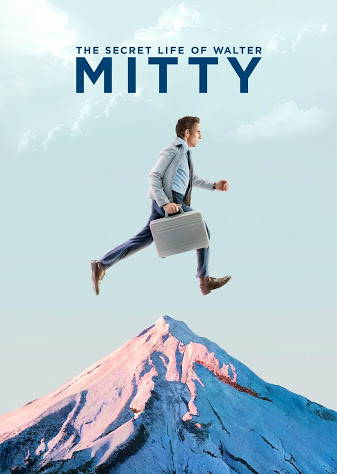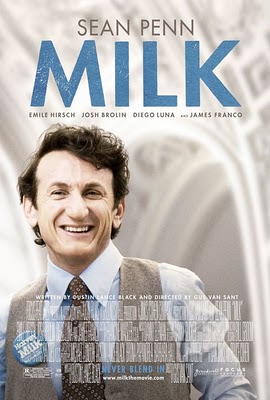I went to see The Secret Life of Walter Mitty on Christmas Day, which turned out to be appropriate because Ben Stiller‘s film is an ode to embracing life, living kindly, and seeking meaningful adventure (all useful messages for a theatre full of Americans sitting on our asses). The movie is sweet, humorous, and light-hearted. It deals in fantasy and a fantastical reality. It begs us to value each other for whatever our contributions may be no matter how small those achievements may initially seem. It asks us to see art and beauty in everything. I enjoyed the film, but I was saddened by the lack of female involvement in Mitty’s quest.
There are several women who play prominent roles within Walter’s life. His mother and his love interest are portrayed with the most integrity (his sister mainly seems like a selfish woman who takes advantage of her brother). Walter’s mother Edna Mitty, played by the illustrious Shirley MacLaine, proves to be an integral part of setting him on the right path in his journey.

Edna’s clementine cake (Walter’s favorite) is an important clue as well as currency that gains him access into territory guarded by an Afghan warloard. Her piano, a memento of her late husband, is another clue Walter follows on his search for the elusive photographer Sean O’Connell (Sean Penn). Edna encourages her son to do whatever he feels like he must do, and she remains at home, holding many of Walter’s forgotten treasures, waiting for a time when he may need them. Though Walter clearly loves and respects his mother, she isn’t much more than a symbol of motherhood and the home to which he will return after his journey is done.
Walter’s love interest, Cheryl Melhoff, performed by the talented and versatile Kristen Wiig, is a single mother who is kind, intelligent, and encouraging.

Cheryl is the first person who tells Walter that he must follow Sean O’Connell’s trail and that he must go on this journey himself. Many of Walter’s fantasies center around Cheryl, and in one, she even coaxes him to take a risky helicopter ride with a drunken pilot because that is the path on which his quest lies. Much of his quest is about proving himself and making himself worthy for the woman he has put on a pedestal. When she falls off that pedestal, he turns to his mother who gently pushes him to finish what he started.

Both Cheryl and Edna exist to spur Walter into action. Neither of them take action themselves. Instead, they are gentle forces that compel Walter into creating a true life for himself while they wait for him to come home. Walter’s quest becomes independent of the women in his life as he strives for confidence, self-worth, worldly experience, and a sense of purpose.

The Secret Life of Walter Mitty doesn’t pass the Bechdel Test. No women are featured on his journey. In fact, the only woman we see during Walter’s travels is a bartender in Greenland. No women are pillars in his quest who either help or obstruct his progress. He doesn’t create amazing memories with them as he does with the men who rescue him from a shark or a volcano or even the men who play soccer with him. The women are all at home. The women themselves represent home. They are settled and stand for things like comfort, security, and love. There is no place for them on Walter’s harrowing, invigorating journey to self-actualization.

My question is: why? Why can’t women be part of his quest instead of the cookie at the end of the road? The message is that women can’t have quests or journeys or adventures for themselves. The Secret Life of Walter Mitty depicts women as love objects (romantic or familial) with their place at home, not on the road. Men take action on behalf of the “home” ideals for which women are receptacles. While I enjoyed the movie and thought it had important things to say about the value of the “little man”, missing from it are women of action and agency, women who have their own agenda and adventures. Seeing the paths of women on their own quests intersect with that of Walter, however briefly, would have gone a long way to establishing women as autonomous actors in their own tales of becoming.
——————
Amanda Rodriguez is an environmental activist living in Asheville, North Carolina. She holds a BA from Antioch College in Yellow Springs, Ohio and an MFA in fiction writing from Queens University in Charlotte, NC. She writes all about food and drinking games on her blog Booze and Baking. Fun fact: while living in Kyoto, Japan, her house was attacked by monkeys.








